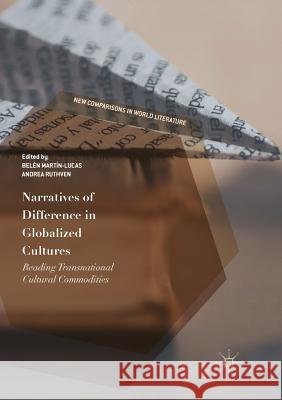Narratives of Difference in Globalized Cultures: Reading Transnational Cultural Commodities » książka
topmenu
Narratives of Difference in Globalized Cultures: Reading Transnational Cultural Commodities
ISBN-13: 9783319872407 / Angielski / Miękka / 2019 / 251 str.
Narratives of Difference in Globalized Cultures: Reading Transnational Cultural Commodities
ISBN-13: 9783319872407 / Angielski / Miękka / 2019 / 251 str.
cena 402,53
(netto: 383,36 VAT: 5%)
Najniższa cena z 30 dni: 385,52
(netto: 383,36 VAT: 5%)
Najniższa cena z 30 dni: 385,52
Termin realizacji zamówienia:
ok. 22 dni roboczych
Dostawa w 2026 r.
ok. 22 dni roboczych
Dostawa w 2026 r.
Darmowa dostawa!
Kategorie:
Kategorie BISAC:
Wydawca:
Palgrave MacMillan
Seria wydawnicza:
Język:
Angielski
ISBN-13:
9783319872407
Rok wydania:
2019
Wydanie:
Softcover Repri
Ilość stron:
251
Waga:
0.32 kg
Wymiary:
21.01 x 14.81 x 1.42
Oprawa:
Miękka
Wolumenów:
01











